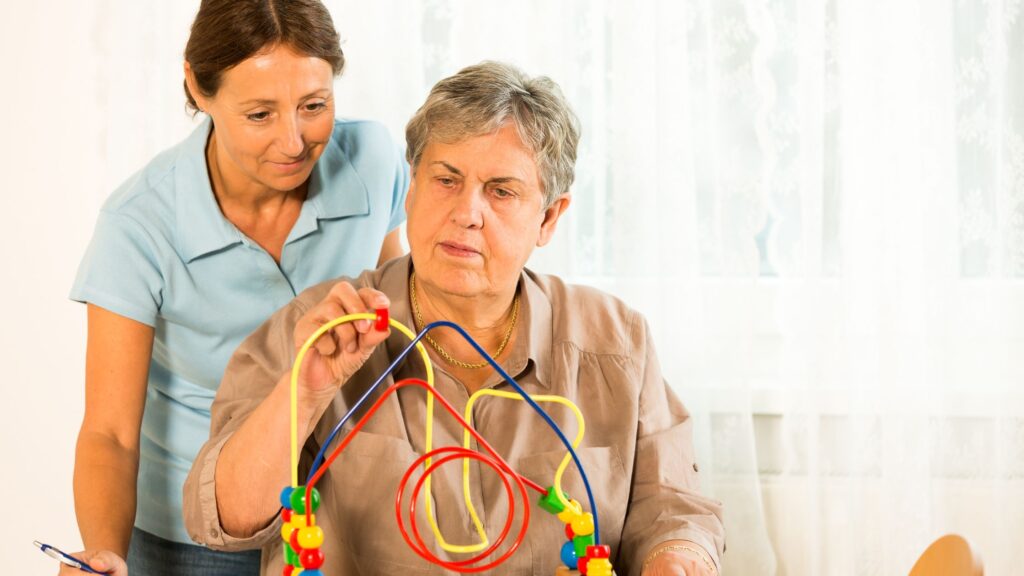Geriatrics, a specialized branch of medicine, focuses on the unique needs of older adults. It’s designed to address age-related health concerns, promote healthy aging, and improve overall quality of life. Whether you’re tackling joint pain, managing chronic diseases, or seeking ways to stay active, geriatrics offers comprehensive care tailored specifically for older adults. Here’s how geriatrics impacts elderly health:
Comprehensive Healthcare for Older Adults
Geriatrics goes beyond treating individual symptoms. It provides holistic care that takes into account the unique needs of aging individuals. This includes addressing physical health, mental well-being, and social factors that influence daily life. When consulting with a geriatrician, you might discuss topics like preventive screenings, nutrition plans, medication management, and how to adapt your living environment to support your changing needs. These steps are designed to empower older adults to live healthier and more comfortable lives.
Managing Age-Related Diseases
Aging is often accompanied by conditions such as arthritis, diabetes, heart disease, and memory-related challenges like dementia. Geriatricians specialize in managing these chronic conditions while minimizing their impact on everyday activities. For example, if you’re living with arthritis, a geriatrician might recommend therapies, exercises, or medications that help manage pain and improve mobility. Similarly, people managing diabetes may receive support with meal planning, glucose monitoring, and lifestyle adjustments. The goal is always to create a balance between treatment and maintaining independence.
Strategies for Promoting Active Aging
Staying active doesn’t always include running marathons or lifting weights for all ages. The concept of active aging focuses on staying engaged with life in ways that bring joy and fulfillment. It combines physical activity, social connection, and mental stimulation to support overall well-being.
- Physical Activity: Incorporate gentle exercises like walking, yoga, or water aerobics to maintain strength, flexibility, and balance.
- Social Connections: Join local senior groups, participate in classes, or reach out to friends and family regularly to maintain social bonds.
- Mental Stimulation: Activities such as solving puzzles, reading, or learning new skills keep the mind sharp and engaged.
Small changes to daily routines, like starting a morning walk or exploring community activities, can make a meaningful difference.
The Role of Geriatrics in Improving Quality of Life
The work of geriatricians goes beyond the tasks of general healthcare providers. They’re partners in helping older adults live their best lives. They work to create patient-centered care plans that focus on both treating illness and preventing potential issues.
A geriatrician might help you understand how medications interact, advise on home safety improvements to reduce fall risks, or assist with caregiving resources when independent living becomes more challenging. Geriatrics contributes to better health outcomes and a higher quality of life for elderly individuals.
Schedule an Appointment for Geriatric Care
If you’re looking to boost your health, manage chronic conditions, or explore new ways to stay active, a geriatrician can help. They’ll work with you to create a personalized approach to aging that aligns with your goals and lifestyle. To get started, reach out to a geriatric specialist in your area and take the first step toward a healthier, more fulfilling future.
- mylovelyfurryfriend discover expert tips on dog health
- Infectious Diseases Updates – Stay Informed, Stay Protected!
- Wegovy For Weight Loss – A Breakthrough in Managing Obesity!
- Emergency Medicine Forum – A Hub for Fast-Paced Knowledge, Support & Updates!
- Pediatrics Discussions – Insights, Challenges, and Expert Advice for Better Child Health!





Leave a Reply